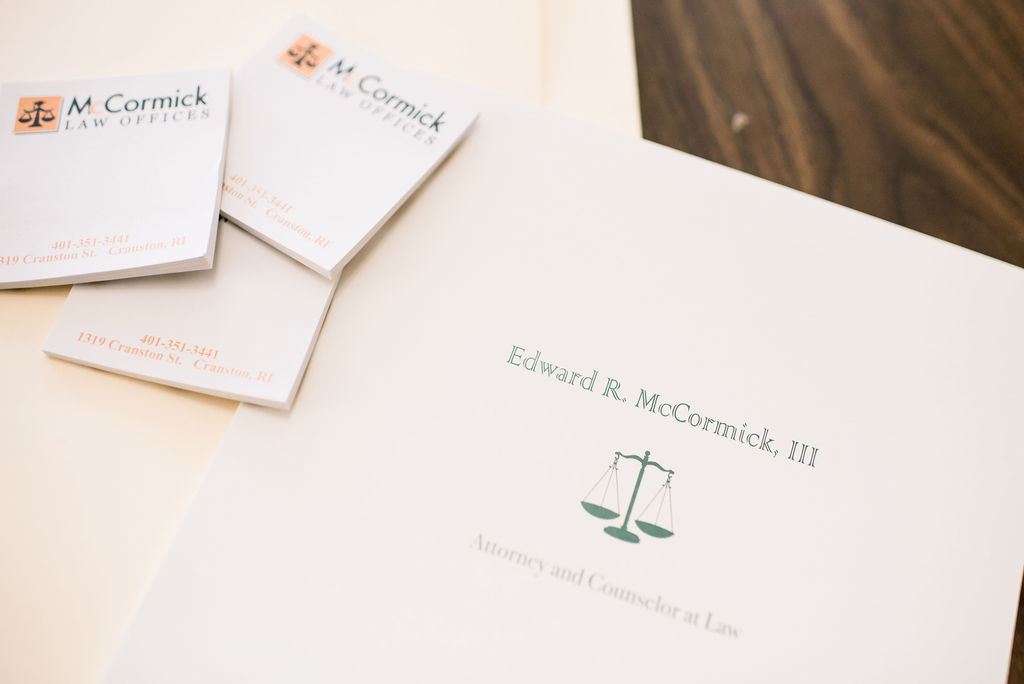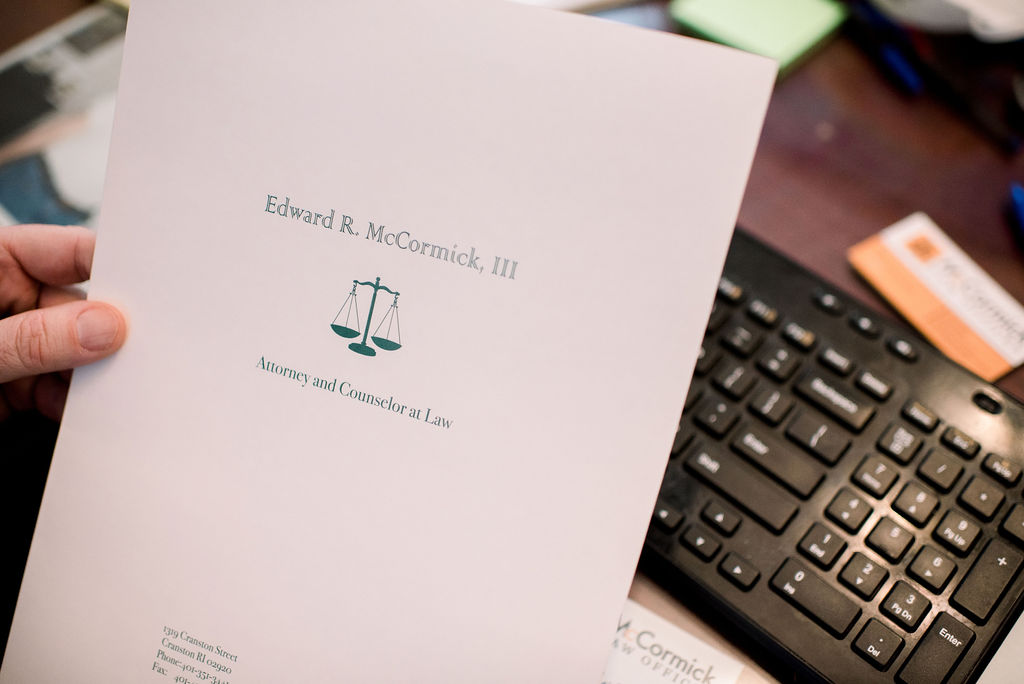The probate process in Rhode Island ensures that a deceased person’s assets are legally distributed to heirs and beneficiaries. If you’ve recently lost a loved one, the idea of navigating court filings, legal deadlines, and estate taxes can feel overwhelming. This guide outlines what happens during probate—and how an experienced probate attorney can help you every step of the way.
What Is Probate?
Probate is a legal process through which:
- A deceased person’s will (if one exists) is validated by the court
- An executor or administrator is appointed
- Debts, taxes, and claims against the estate are settled
- Remaining assets are distributed to beneficiaries
In Rhode Island, probate is typically handled in the local municipal probate court where the decedent resided.
When Is Probate Required?
Probate is generally required if:
- The deceased owned real estate in their name alone
- The total value of individually held assets exceeds $15,000
- There is no valid will (intestate estate)
- The estate contains property that cannot transfer by title or beneficiary designation
Certain assets—like jointly owned property, life insurance policies, or retirement accounts with named beneficiaries—can bypass probate.
Steps in the Rhode Island Probate Process
Step 1 – Filing the Petition
The process begins when the executor named in the will (or a family member, if there is no will) files a petition with the probate court. This includes submitting:
- The death certificate
- The will (if one exists)
- A list of heirs and beneficiaries
- A preliminary inventory of the estate’s assets
Step 2 – Appointment of Executor or Administrator
The court officially appoints the executor (if named in the will) or an administrator (if no will). This person now has legal authority to manage the estate.
Step 3 – Notification to Heirs and Creditors
The executor must notify all interested parties—including heirs, beneficiaries, and known creditors. A public notice is also published in a local newspaper to alert unknown creditors.
Step 4 – Inventory and Appraisal of Assets
The executor prepares a full inventory of the estate’s assets, including:
- Real estate
- Bank accounts
- Personal property
- Business interests
- Investments
Appraisals may be required to establish fair market value.
Step 5 – Paying Debts, Taxes, and Claims
Before any distribution, the executor must:
- Pay outstanding debts
- Resolve creditor claims
- File state and federal tax returns (including estate tax if applicable)
Step 6 – Distributing Remaining Assets
Once all obligations are met, the executor distributes remaining assets according to the will or, if no will exists, in accordance with Rhode Island intestacy laws.
Step 7 – Closing the Estate
A final accounting is submitted to the court. If approved, the estate is closed, and the executor is discharged from further responsibility.
How Long Does Probate Take?
In Rhode Island, probate typically takes between 6 months and 1 year, depending on the complexity of the estate and whether disputes arise. Estates involving real estate, business holdings, or litigation may take longer.
How an Attorney Can Help
A probate attorney streamlines the process by:
- Preparing and filing all required court documents
- Advising executors on legal duties and timelines
- Helping resolve disputes between heirs or creditors
- Assisting with real estate transfers and asset sales
- Ensuring compliance with tax and reporting laws
Related Reading
Learn more about estate planning and administration:
Final Thoughts
Understanding what happens during probate in Rhode Island is essential if you’re managing a loved one’s estate—or planning your own. The process can be legally complex and emotionally difficult, but you don’t have to navigate it alone. With the right legal guidance, probate can be handled efficiently and respectfully.
Need help with a probate matter in Rhode Island?
Contact McCormick Law Offices for compassionate and experienced legal support.







